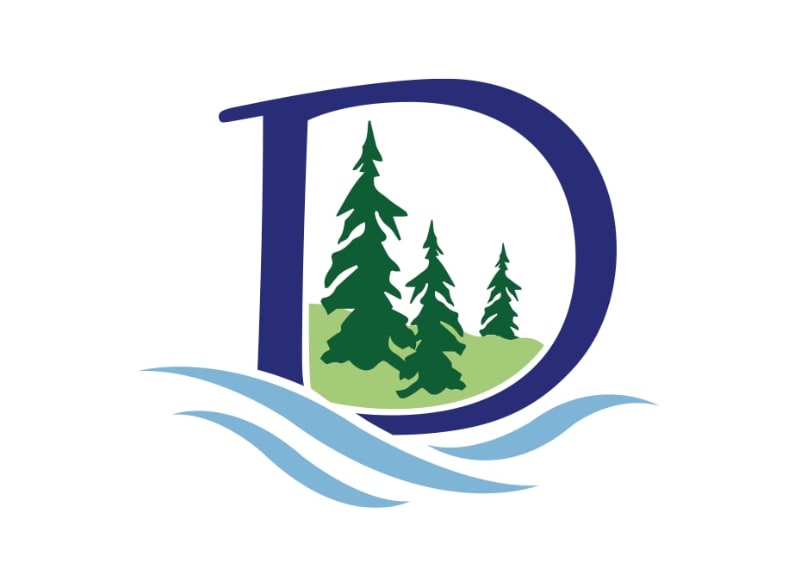For Immediate Release
June 17, 2021
LAKE OSWEGO TIGARD WATER PARTNERSHIP NEWS RELEASE
Lake Oswego Phone: 503-635-0257 Tigard Phone: 503-718-2870
LAKE OSWEGO & TIGARD WATER CUSTOMERS ASKED TO REDUCE WATER USAGE DUE TO CHLORINE SHORTAGE
LAKE OSWEGO and TIGARD, Oregon – City officials are requesting City of Lake Oswego and Tigard Water Service Area customers to conserve and reduce their water usage. A critical chlorine supply issue has recently created a shortage for west coast and Oregon utilities. Our water treatment method uses chlorine (sodium hypochlorite) in very small amounts to ensure our water is safe to drink. The chlorine shortage in our area is caused by an equipment failure at a chlorine manufacturing facility on the West Coast.
Lake Oswego and Tigard’s tap water remains safe to drink.
Staff have implemented measures to extend chlorine supply, while also ensuring that the water remains safe to drink.
We ask for the cooperation of customers to voluntarily reduce their indoor and outdoor water usage. These actions will help extend our existing supply of chlorine, reduce the strain on the supply chain, preserve water for domestic use, and ensure water reserves continue to meet emergency response needs. Conserving voluntarily now, will help minimize potential mandatory conservation.
• • • • • • • •
These voluntary usage reductions will remain in place until the chain of supply for sodium hypochlorite has been reestablished.
To get the chlorine supply we need, the cities of Lake Oswego and Tigard are working directly with other water utilities, the Oregon Governor’s Office, Oregon Emergency Management, Oregon Health Authority, Department of Environmental Quality, and the Oregon Water/Wastewater Agency Response Network and federal authorities.
We will keep the Lake Oswego and Tigard communities and water customers informed of the situation and any further actions needed. To stay up to date, visit www.lakeoswego.city or www.tigard-or.gov/water
For additional conservation tips visit www.lakeoswego.city/conservation or https://www.tigard-or.gov/city_hall/water_conservation.php
How to limit your water usage:
- Reduce all non-essential water use – except as necessary for public health and safety
- Eliminate known leaks inside and outside
- Take shorter showers
- Turn off the water while brushing your teeth or shaving
- Limit running the dishwasher or washing machine – if you have to run it, ensure it is full
- If you wash dishes by hand, don’t leave the water running
- Postpone new plantings
- Wash your vehicles at a car wash facility
 City of Durham, Oregon
City of Durham, Oregon